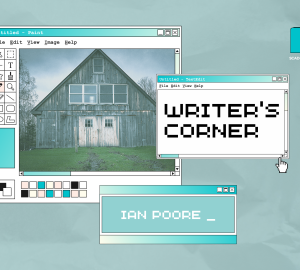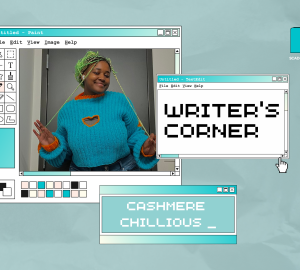
Even in this world of lackadaisical education and 140-character texting, there’s a little-known club of people who secretly call themselves grammarians.
I don’t pretend to be one of them. In fact, I’ve never particularly considered myself a grammar expert. I have my fair share of misspellings and mistakes. And I admit to some anxiety when Word underlines a whole sentence (and I often ignore it, if it seems fine to me).
But I find it hard not to cringe at basic grammar mistakes when I see them all the time. After all, it’s my job. I’m paid to cringe.
The absolute worst, in my opinion, is the apostrophe mystery, otherwise known as the pluralizing apostrophe. Example: The lettuce’s are in bloom. Here, you would be wondering, I hope: the lettuce’s whats are in bloom?
This is especially tricky, since Word won’t underline this misuse of what could have (note another commonly misused phrase: could have, not could of) been an instance of a correctly possessive lettuce. Except, it wasn’t.
That leads me to another pet peeve, and one I hope won’t come up much more now that I’ve mentioned it — the substitution of except for accept. “Except” means one of these things is not like the other. It is “other than,” “left out.” “Accept” means every thing is included. It is “taken” or “agreed to.”
And then there’s that other replacement problem: then for than. As in, “Georgia is better then Texas.” If you agreed, then go stand in the corner. And not for the reasons you think (wink).
And we can’t forget the neither/nor problem. Example: Neither writing this or the sentence construction is right. Neither goes with “nor,” not “or,” and the following constructions must be parallel. So, neither relying on Word nor using spellcheck alone will make you a good grammarian, but at least it’s a start.
And then there’s “whose,” not to be confused with the contraction “who’s.” So, if you’re in the kitchen, and you’re asking yourself: Who’s mustard? You’re either talking about a board game, or I’m wasting my time here.
I don’t mean to imply that the written word can’t be fun. I have been known to use an emoticon or two. It’s really about knowing your audience. If you’re talking to your Twitter-universe (i.e., (not e.g.) yourself), go ahead. Tlk lik ths al u wnt!
I get that these are small potatoes — little blunders that aren’t important when you are having a CRYsIS! But if you’re like me, reading college-age writing full of glaring construction errors is like watching someone throw up on a piece of paper and hand it to you. It’s not a pretty sight.
P.s. If you see any errors, please leave a comment and let me know!
Contact Rebecca Grace, copy editor.






















